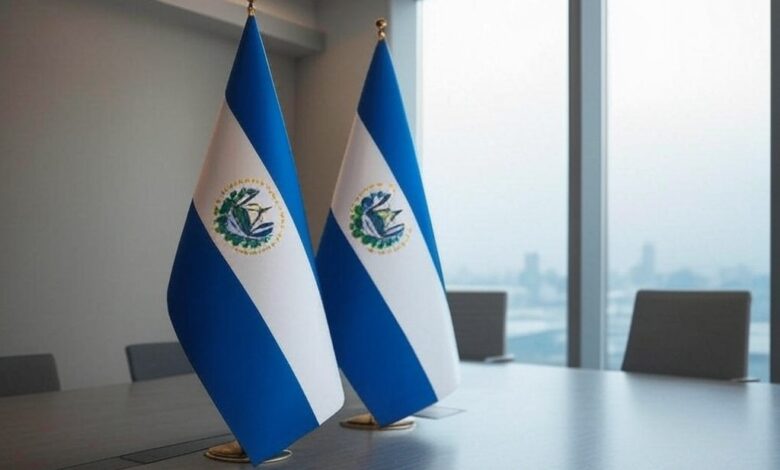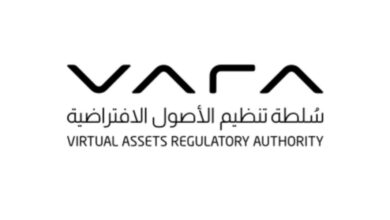IMF Pushes Back as El Salvador Quietly Adds More Bitcoin

The International Monetary Fund (IMF) confirmed Tuesday that “efforts will continue” to ensure that the total bitcoin holdings of the Salvadoran government remain unchanged, even as the country appears to defy this directive.
Last December, El Salvador and the IMF reached their first agreement for the country to limit bitcoin-related activities in exchange for a 40-month financing package, which entails a $1.4 billion loan.
In March, El Salvador secured a $3.5 billion loan agreement with the IMF, which included key conditions related to its bitcoin policy. Notably, the cryptocurrency lost its status as legal tender, meaning merchants are no longer obligated to accept it. One of the loan conditions explicitly barred the “voluntary accumulation of bitcoin by the public sector.”
The IMF Executive Board also greenlit the financing deal in February, under which El Salvador would receive its disbursement of $120 million upon separate approval by the board.
The fund program aims to address El Salvador’s macroeconomic and structural challenges. The IMF views that the country’s bitcoin reserves pose potential risks that “have not yet materialized,” and stated in its February statement that it would confine government engagement in bitcoin-related activities and purchases.
Despite this restriction, El Salvador has continued to increase its bitcoin reserves. At the time of the loan agreement on March 4, the government reportedly held 6,101.15 BTC in its official wallet. That figure has since grown to 6,189.18 BTC—an amount currently valued at around $678 million.
President Nayib Bukele appeared to push back against any suggestion of halting BTC purchases. On March 4, he posted on X: “No, it’s not stopping. If it didn’t stop when the world ostracized us and most ‘bitcoiners’ abandoned us, it won’t stop now, and it won’t stop in the future.”
Interestingly, the IMF report did not address this apparent contradiction. Instead, it emphasized strong performance under the program and noted compliance with key fiscal and reserve targets.
“IMF staff thank the Salvadoran authorities for the excellent collaboration and constructive discussions,” the report added.





